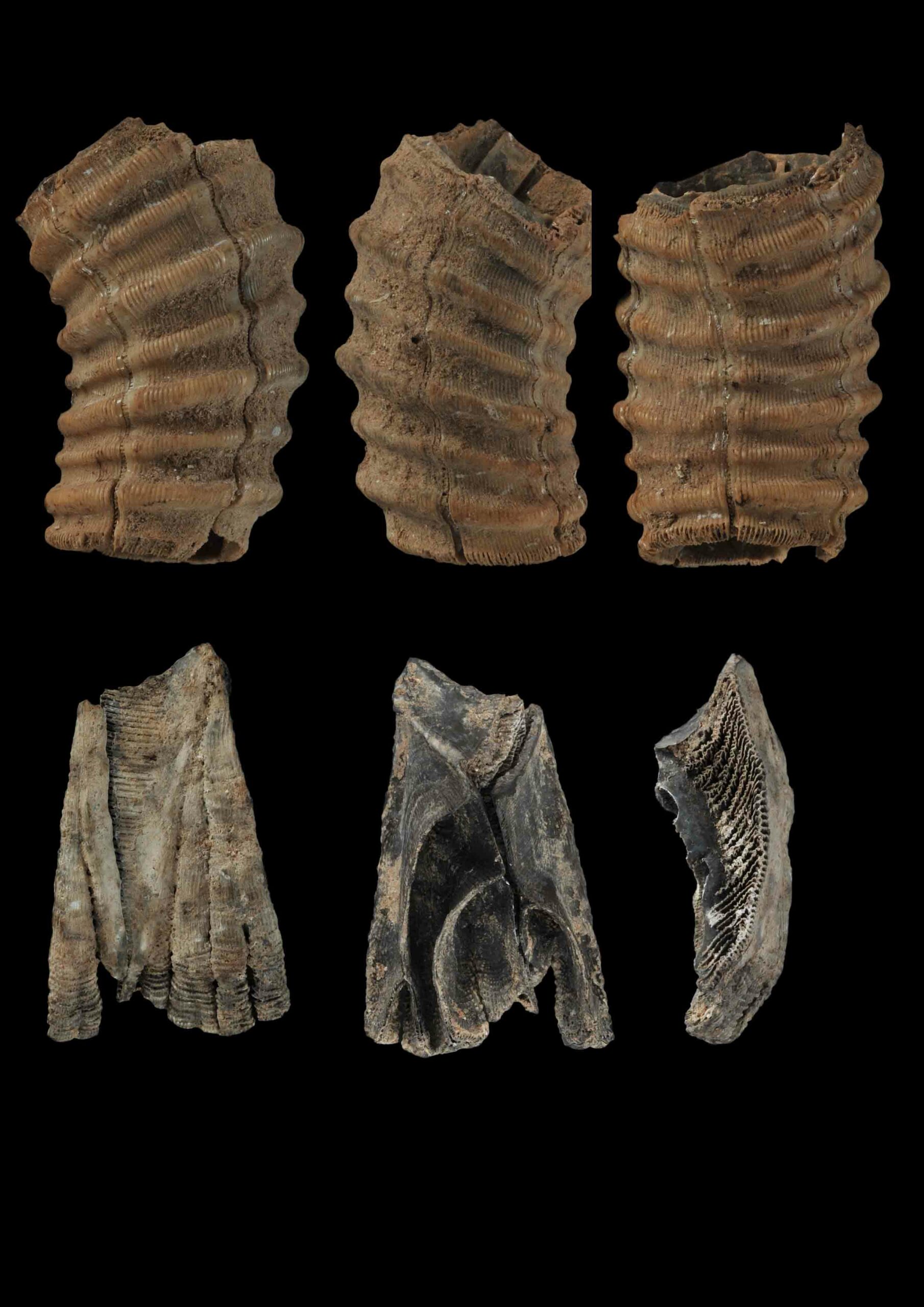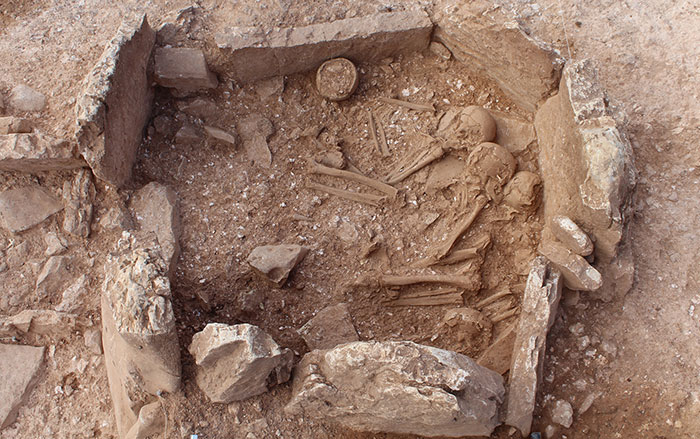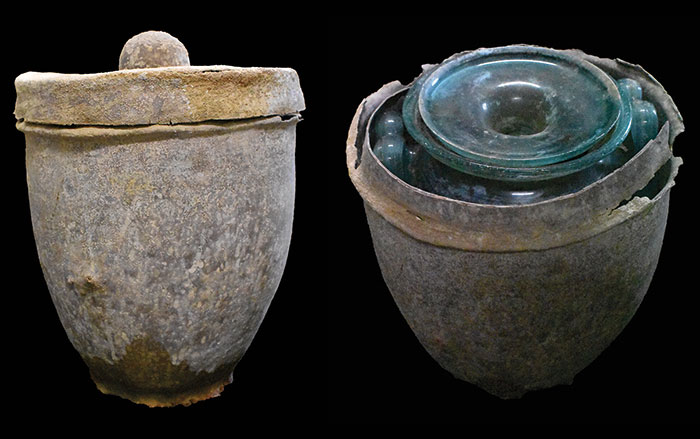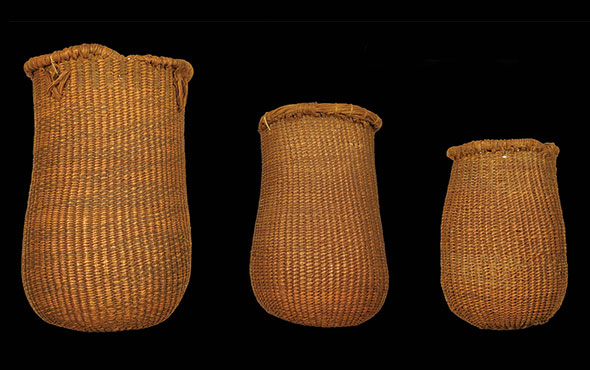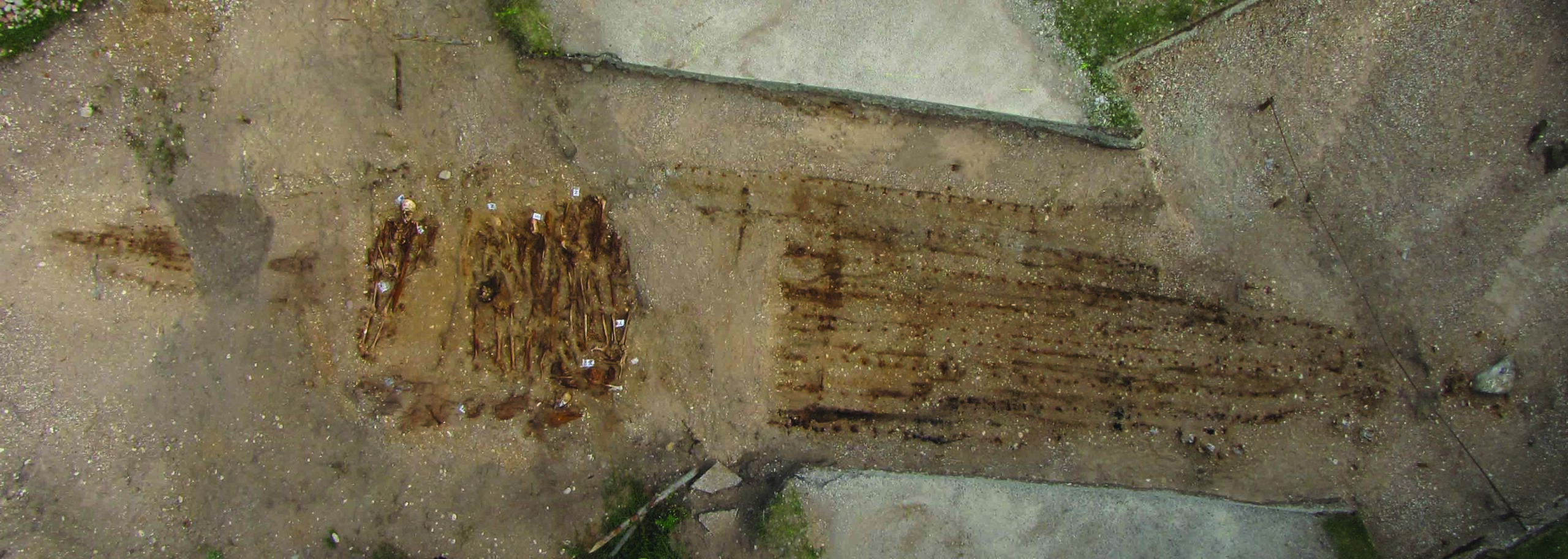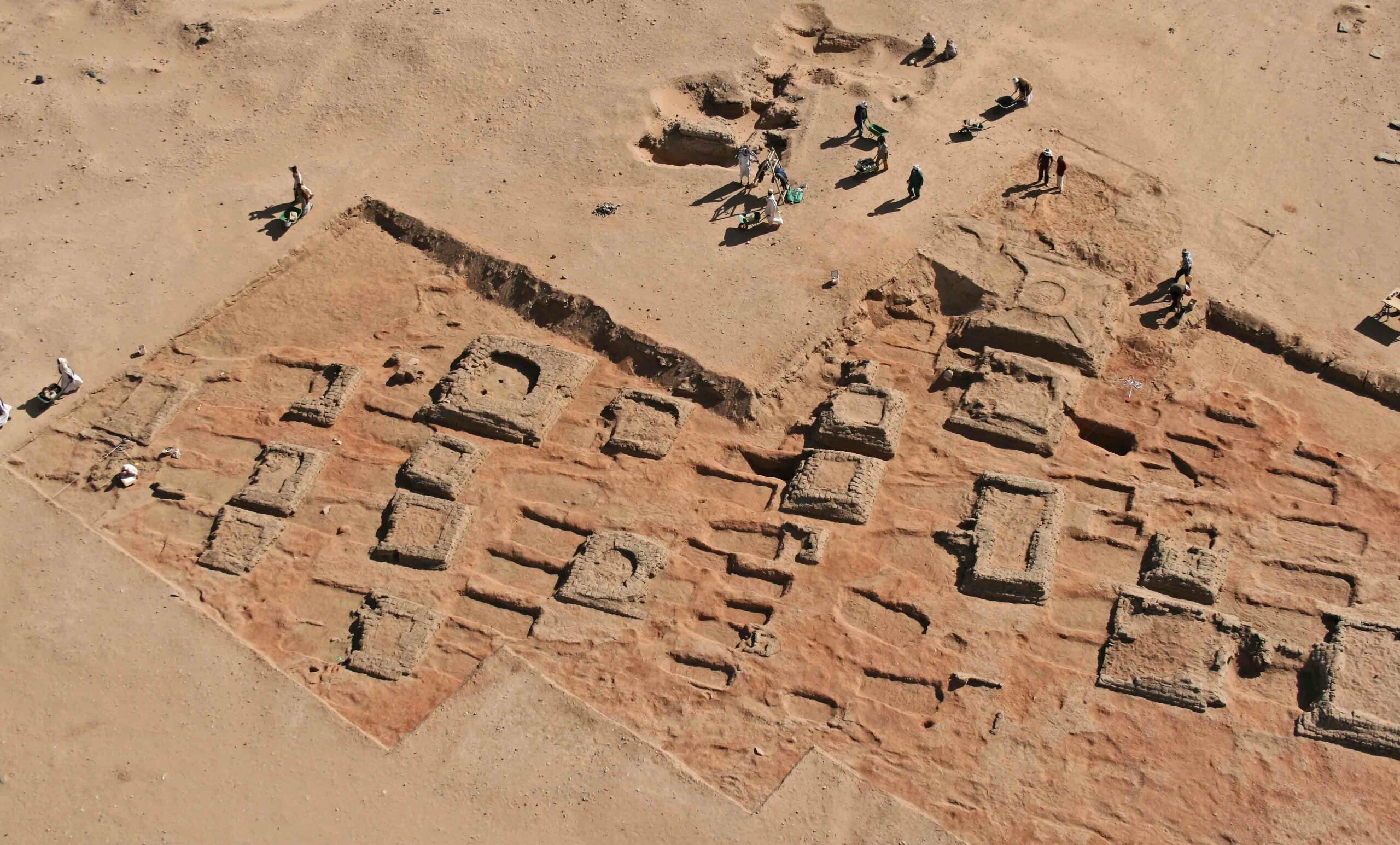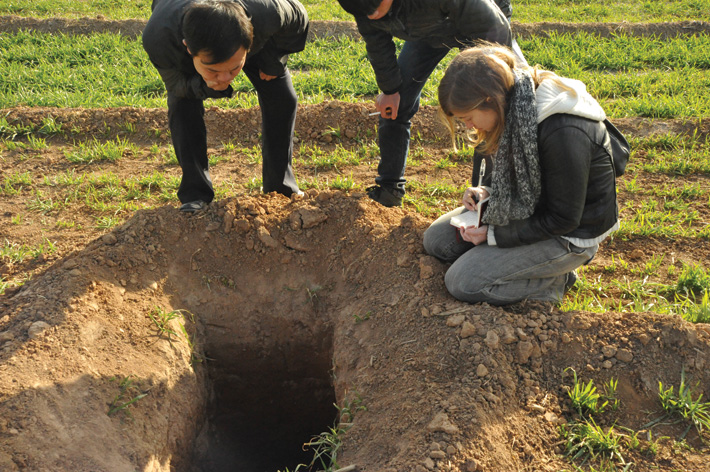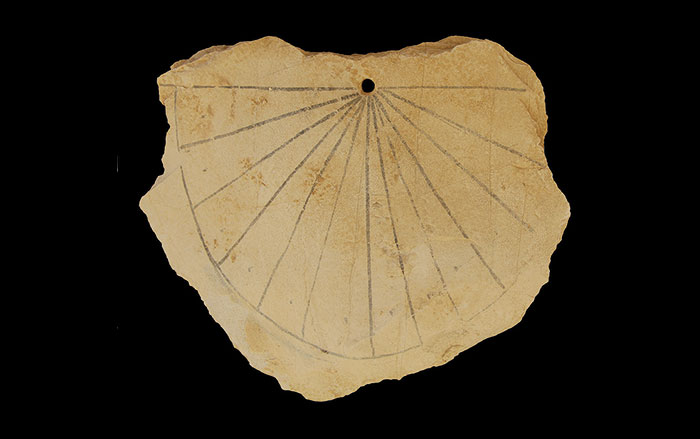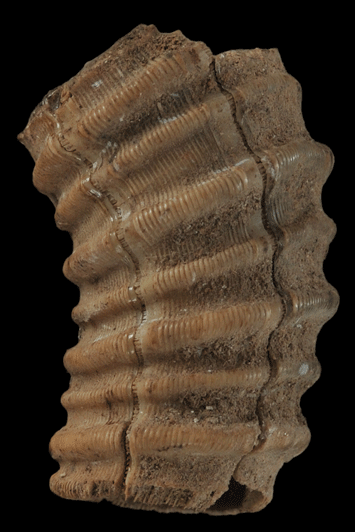
Remains of small crustaceans in the residue of a 14,000-year-old campfire suggest that the Upper Paleolithic people of Malaga, Spain, had much larger animals on the menu. Researchers from the University of Valencia identified the remains of two species of barnacles that live only on whale skin. The finds suggest that people of the Magdalenian culture consumed whale meat, though there’s no evidence they hunted this one—the marine mammal may have beached or been stranded by a low tide. Both species of barnacles are associated with whales that now live in the Southern (but not Northern) Atlantic, suggesting that lower sea temperatures during the last Ice Age altered the cetaceans’ range.


